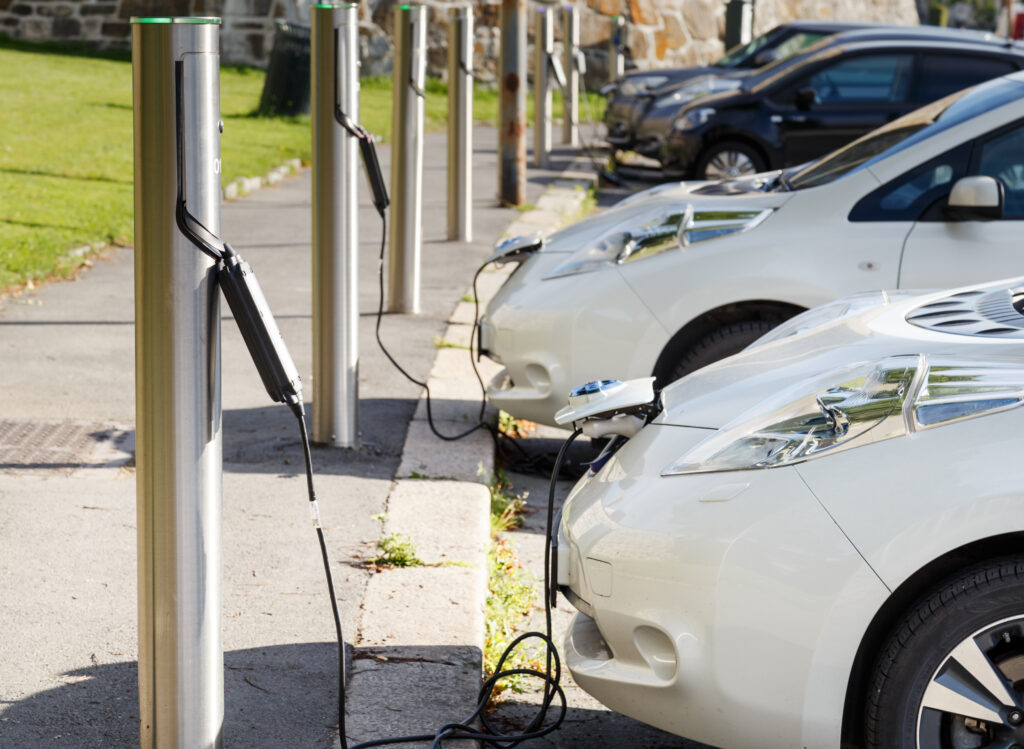Norway is setting a global standard in the transition to electric vehicles (EVs), with nearly 90% of new cars sold in 2024 being battery-powered. In contrast to bans or mandates, the country has relied on strong incentives, such as tax exemptions, discounted tolls, and free parking for EVs, to steer consumer choices toward zero-emission cars.
This approach, combined with a well-developed charging infrastructure and renewable hydroelectric energy, has made EV ownership both practical and economical for Norwegians. Policies like scrapping VAT and import duties on electric cars have encouraged adoption, allowing the Nordic nation to edge closer to its goal of phasing out fossil fuel cars by 2025.
Drivers like Ståle Fyen highlight the ease of EV ownership, even in Norway’s cold climate, thanks to an expansive charging network. Similarly, early adopters like Merete Eggesbø emphasize the environmental and financial benefits of switching to electric.
Experts believe Norway’s model could be replicated in other countries, provided policies are adapted to local markets. With one-third of vehicles already electric, Norway demonstrates that a combination of incentives, infrastructure, and renewable energy can drive a sustainable shift in transportation.

